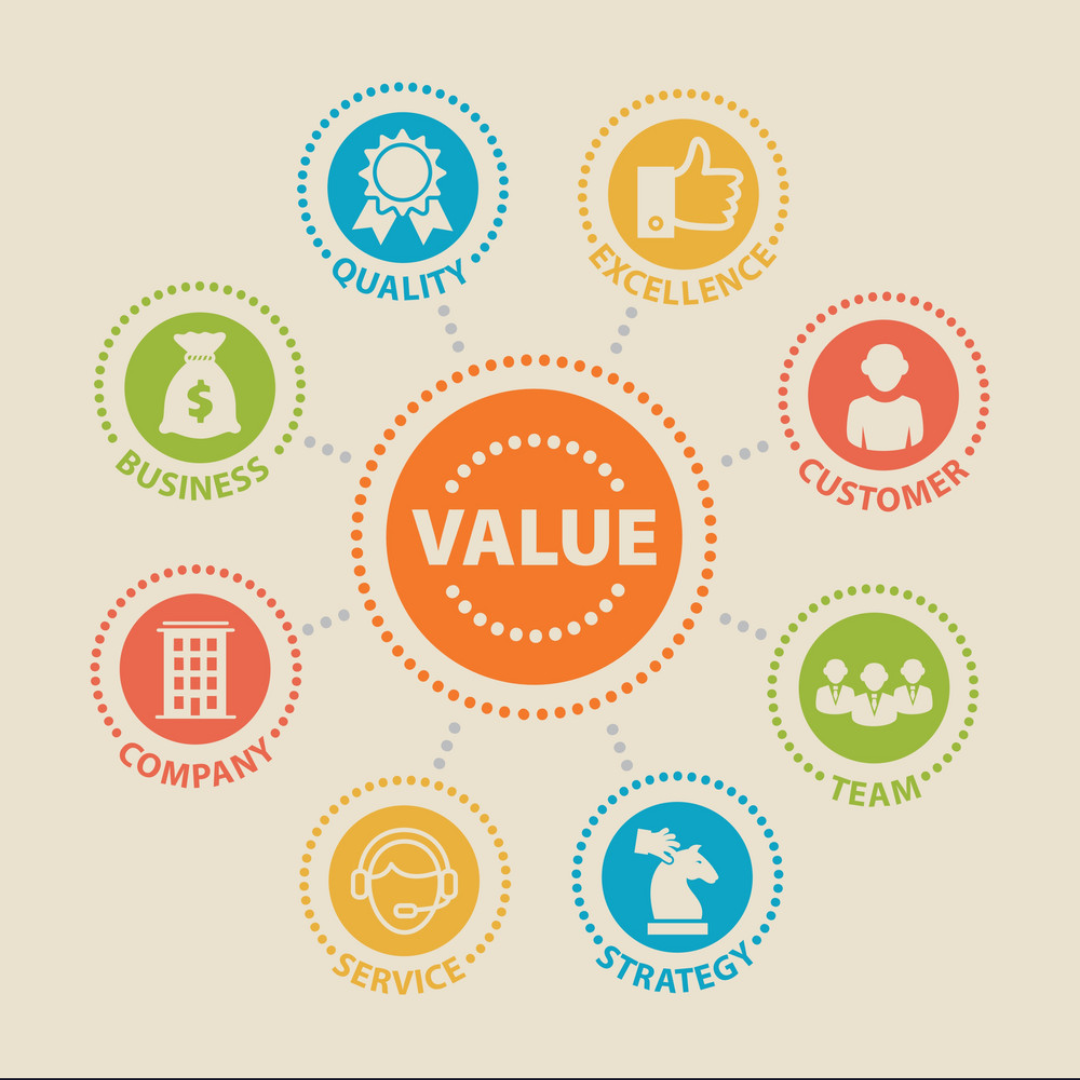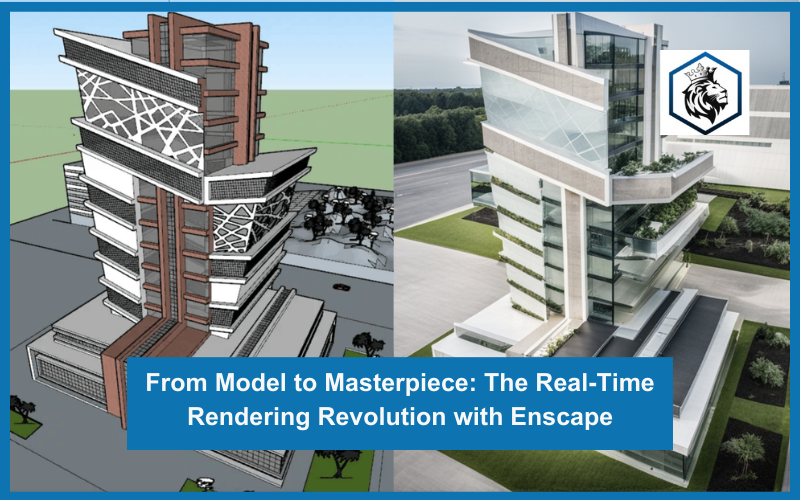
The Value of Value Engineering in Construction Contracts
Value engineering is a critical concept in the realm of construction contracts, offering both contractors and employers an opportunity to optimise project outcomes. This practice allows the contractor to propose variations to the original project plan that may accelerate completion, reduce costs, enhance efficiency, improve the overall value of the works, or bring other benefits to the employer. It fosters innovation and collaboration, ultimately leading to more successful construction projects.
In the context of value engineering, the contractor holds the right to submit proposals for variations that can benefit the employer. However, these proposals are provided at the contractor's expense and must include detailed descriptions of the proposed changes, a project timeline adjustment if necessary, modifications to the pre-existing schedule, the anticipated time for completion, and the proposed payment structure.
If the proposed variation requires a design change, the responsibility typically falls on the contractor to prepare the new design. This requirement ensures that the contractor has a comprehensive understanding of the proposed changes and can effectively implement them.
One critical aspect of value engineering is how it affects the financial aspects of the construction contract. If the proposed variation reduces the overall contract value, the engineer is tasked with determining a fee payable by the employer to the contractor. This fee typically amounts to 50% of the benefit the employer derives from the variation.
The primary goal of this provision is to incentivize contractors to leverage their knowledge and experience to the mutual benefit of both parties. Contractors can realize benefits in the following two ways when proposing variations.
Cost Reduction with Quality Retention: If the proposal reduces the contractor's production costs while maintaining the quality of the final product, there is no adjustment to the contract sum. This outcome ensures that the employer receives a cost-effective solution without compromising quality.
Value Enhancement: In cases where the proposal increases the value of the final product to the employer without incurring additional costs, there is also no adjustment to the contract sum. This demonstrates the potential for contractors to deliver exceptional value.
While the provision encourages cost-saving proposals, it has its limitations. It does not provide incentives for schemes that exclusively increase the value to the employer without additional costs. This omission overlooks an essential aspect of value engineering, where contractors can enhance project value without impacting costs.
In scenarios where contractors believe their proposals can increase project value without additional costs or with significantly lower costs than the value increase, they may need to negotiate agreements with the engineer and employer in advance to share the benefits.
Determining the fee payable to the contractor under the value engineering provision can be a complex task. The engineer must assess the reduction in the contract value, considering factors like reductions in quality, anticipated life expectancy, and operational efficiencies. This assessment can be challenging as it involves comparing the employer's initial design with the contractor's proposed changes.
Additionally, evaluating the final value to the employer requires looking into the future, considering factors such as changes in quality and life expectancy. This task can be complicated, especially if the supervising engineer lacks the necessary qualifications and design responsibilities.
Value engineering is a valuable tool in construction
contracts, promoting innovation and cost-effective solutions. While it offers
potential benefits to both contractors and employers, there are limitations to
its current implementation. Encouraging the exploration of proposals that
increase project value without additional costs and streamlining the assessment
process could further enhance the value of value engineering in construction
contracts. In the end, collaboration and innovation remain key to the success
of construction projects.



0 comments